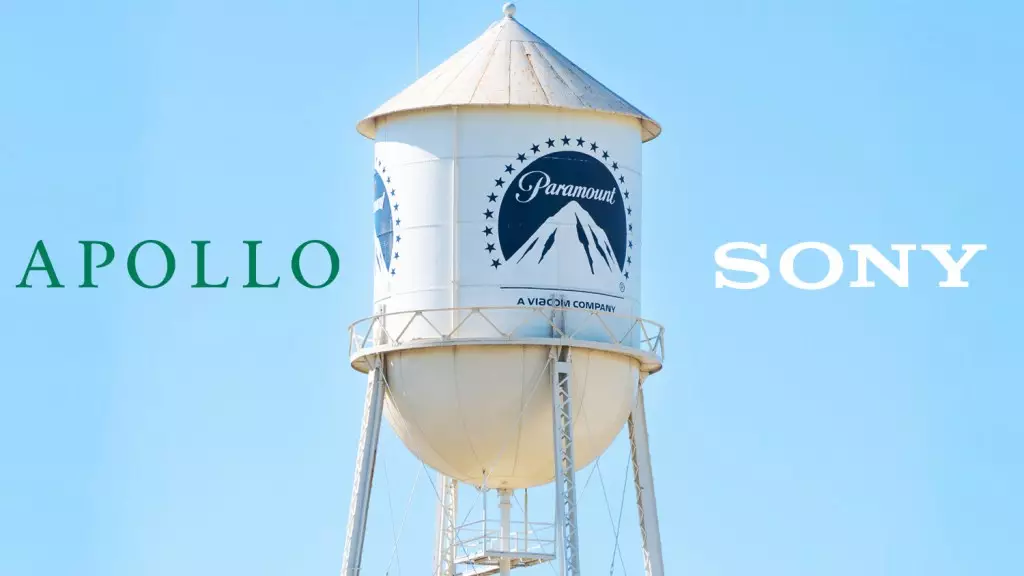When considering Sony and Apollo’s potential acquisition of Paramount Global, a key aspect of their strategy would involve maintaining the current level of theatrical releases from both studios, rather than decreasing output. This approach aims to keep the film industry vibrant and competitive. However, there are plans to streamline certain aspects of Paramount Global by divesting assets such as CBS, linear channels like MTV, and the Paramount Plus streaming service. This strategic move could potentially optimize the overall operations of the conglomerate.
If Sony and Apollo were to merge with Paramount Global, it would significantly impact the entertainment landscape. The potential merger has sparked concerns among industry stakeholders, including exhibitors, who fear a repeat of the aftermath of the 2019 Disney-Fox merger. The reduced film output following the Disney-Fox consolidation has contributed to anxieties within the industry about losing major studio content. Given the current challenges faced by theaters post-strikes and the COVID-19 pandemic, a further decline in film releases could have detrimental effects on the exhibition sector.
Sources suggest that the objective of a Sony-Paramount merger would not be to scale back operations but rather to increase competition with streaming services. The envisioned goal is to have approximately 20 wide releases each year, challenging the dominance of major streamers in the content market. By adopting this strategy, Sony and Paramount aim to create a synergy that surpasses the individual capabilities of the studios. This proactive approach underscores the importance of adapting to the evolving entertainment landscape.
The combined box office revenues of Paramount Global and Sony would potentially elevate their global market presence, placing them in league with industry giants such as Universal and Disney. By capitalizing on their collective strengths, the merger could result in a formidable force within the entertainment sector. However, the financial implications of the deal would need to be carefully assessed, considering the impact on the market dynamics and competition.
Despite the strategic benefits of the merger, the regulatory obstacles loom large. A Sony-Paramount acquisition would require approval from various regulatory bodies, including the Justice Department’s Antitrust division, the Federal Trade Commission (FTC), and the Federal Communications Commission (FCC). The current political climate, characterized by a focus on anti-merger sentiments, particularly with regard to potential job losses, adds another layer of complexity to the approval process.
The prospect of Sony and Apollo acquiring Paramount Global presents a compelling opportunity for both studios. While the strategic alignment between the companies could lead to a strengthened competitive position in the market, the regulatory challenges and industry concerns necessitate a cautious approach. The evolving nature of the entertainment landscape demands innovative strategies and collaborative efforts to navigate the complexities of the industry. As the merger discussions unfold, stakeholders will closely monitor the developments and implications for the future of the entertainment sector.

